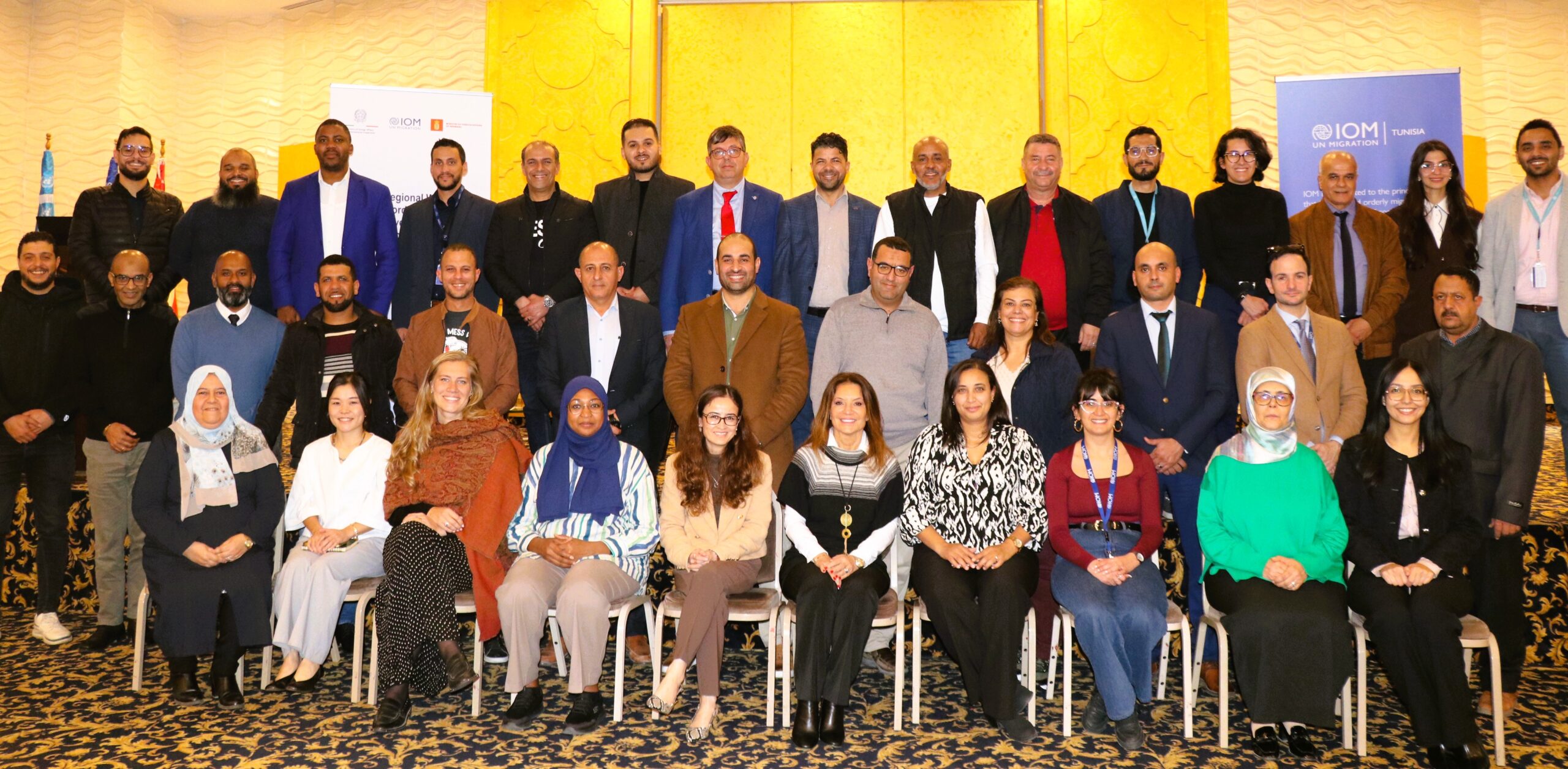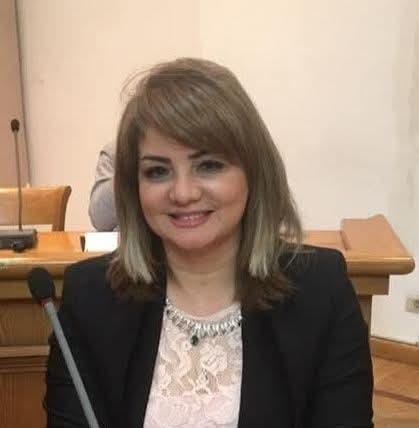Placing health at the heart of efficient cross-border cooperation
Tunis, 20 February 2025 – Rising rates of communicable diseases on migratory routes necessitate a coordinated approach to border governance that integrates health with immigration protocols, health and migration professionals concluded at an IOM workshop in Tunisia this week.
Over the last five years, Algeria, Libya, and Tunisia have all faced outbreaks of tuberculosis, measles, and acute respiratory infections along the Central Mediterranean Route.
In this context, the International Organization for Migration (IOM) has facilitated a two-day workshop on cross-border disease surveillance and border coordination on February 18-19 in Tunis. The event brought together about 50 port health and border officials from Algeria, Libya, and Tunisia to strengthen regional collaboration on health security and migration management.
This workshop is part of IOM’s key regional initiative on cross-border disease surveillance, launched in 2024, aimed at enhancing coordination between health and border authorities. ”Cross-border collaboration is crucial for enhancing disease surveillance and response while ensuring regular migration pathways and the protection of migrants’ rights and safe movement”, highlighted Dr. Michela Martini, Senior Regional Migration Health Specialist for the Middle East and North Africa.
The actionable recommendations of a first workshop held in May 2024 underscored the critical need for an integrated approach to border management, enhancing resilience against public health challenges while effectively addressing the migration dynamics, and improving crisis preparedness.
By fostering a collaborative environment, this second workshop contributed to paving the way to a resilient health system capable of effectively responding to public health challenges.
The discussions allowed to enhance the capacity of government officials from participating countries on cross-border cooperation and disease surveillance and support their efforts to implement the existing tools and frameworks including IOM’s Health, Border and Mobility Management Framework (HBMM) Framework, and the International Health Regulations 2005.
Participating countries agreed to engage in further cross-border initiatives including joint training and efforts to draft a priority action plan for strengthening disease surveillance and border health coordination across the region through an integrated border management approach.
”By strengthening crisis preparedness and communication, neighboring countries can work together to prevent outbreaks and safeguard public health for all,” concluded Michela Martini.
The event was supported by the Ministry of Foreign Affairs of Italy and the Ministry of Foreign Affairs of Denmark.










